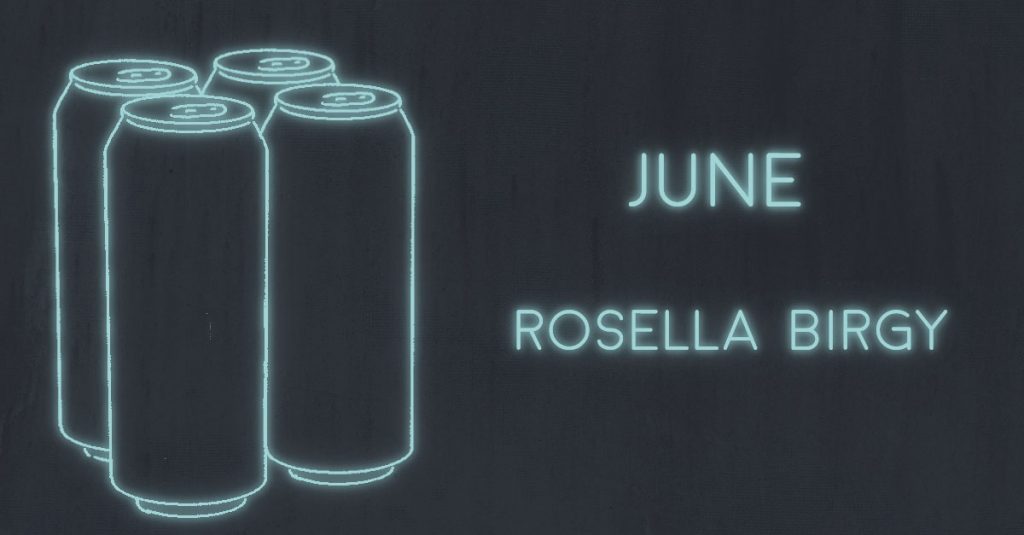I.
The lady who owns the condo keeps a bonsai tree that she regularly forgets to water. She wears an ankle bracelet and her best friend is a nineteen-year-old boy who “works” maintenance for the complex in the summer in exchange for a living space that’s not with his parents. His father is a no feelings kind of guy and his mother hasn’t stopped taking Valium in the three years since his older brother died in a car crash and he doesn’t know if college “is for him,” the lady writes us in her letter of instructions for general upkeep of the condo.
“There’s a six-pack of beer in the fridge for him,” she says, “if he stops by. His name is Jack and he has a key but he’ll probably knock anyway.”
Somehow, these small facts do little to reaffirm the sense of grandeur which we may have wrongly assigned this first family vacation. My parents have no intention of cracking open a cold one with an underage kid in the way that a lonely, forty-some, Floridian woman apparently would.
My mother doesn’t feel great about the aforementioned young man having a key to our home for the next week so my dad calls up maintenance on the dial-up landline because cell service is routinely patchy. They send Jack over and he gets comfortable on the floral couch. Sand from his open-toed shoes leaks onto the floor—he is unapologetic.
“You understand we can’t give you the alcohol,” my dad says as Jack nonchalantly hands over his copy of our key.
“Yeah,” Jack says. “I feel ya.”
“You drink often?” My dad asks out of curiosity.
“I dunno,” Jack replies. “It’s not much fun without someone. I’d come over once in a while and have a drink with June. She’s a cool lady. You don’t meet a whole lot of folks like her. They get in your heart.” He thumps a fist to his chest like he’s making a heartbeat but it’s on the wrong side.
“Like a second mom,” my mother offers as if mothers are qualified by their ability to supply their kids with alcohol.
“No,” Jack says and nobody makes any more observations about the nature of the relationship.
My mother’s lips purse like a skinny pufferfish.
Immediately after Jack leaves, my parents each open a can of the beer. To my dismay, June’s fridge is empty except for the remaining four beer cans, a stick of margarine, and some equally unappealing tins of tuna fish. These, I feel, are representative of June and the condo’s personality.
It’s a strange little place. The view of the ocean is spectacular. A fat, cartoonish, clay statue man sits on the kitchen counter that is bizarre enough to make people lose their appetite. A glass mermaid perches on the back of the toilet. All the furniture is mismatched and the plastic covering on the couch makes it seem like this home is only temporary, not actually lived in. The plants—including the bonsai tree—wilt in the heat.
I try to imagine June here—somehow coaxing a meal out of the tins of tuna or lovingly dusting the furniture. I try to picture her watering an assortment of dead things. I can’t, as much as I try.
II.
June pours her can of beer into a glass because she has done this since she was fourteen and it makes her feel more mature—like a real woman. She ogles the foam as it deflates in the way that all cheap beer does. She has turned all the water in the fridge to beer, like a convenience store Jesus. She sits on the couch and her skin sticks to the plastic covering. She traces the floral pattern with her finger. Her own sweat disgusts her.
June thinks about the nice man from Pittsburgh with a job and a cookie-cutter house in a city with all four seasons and how he asked her to marry him. He would’ve made her mother very happy. June knew that the sun would give her premature wrinkles. No one between the ages of twenty-five and sixty-five deserved to live on a beach. You had to earn it at some point, which June never had considered herself to. A summer away—or longer if she felt particularly ambitious—would be penance.
June thinks about her birthday (in June, of course) and tries to remember how old she is. She thinks about the young maintenance boy and how much he deserves the beach and the heat and the sun and everything good under it and she does not.
She knows that she must leave. She takes an inventory of everything that matters to her and begins to write instructions for summer renters with a lease on bronzed bodies and saltwater pools.
Water the plants
Even she does not water the plants. She has never been nurturing towards anything that can’t hold up their side of a conversation. She starts again.

